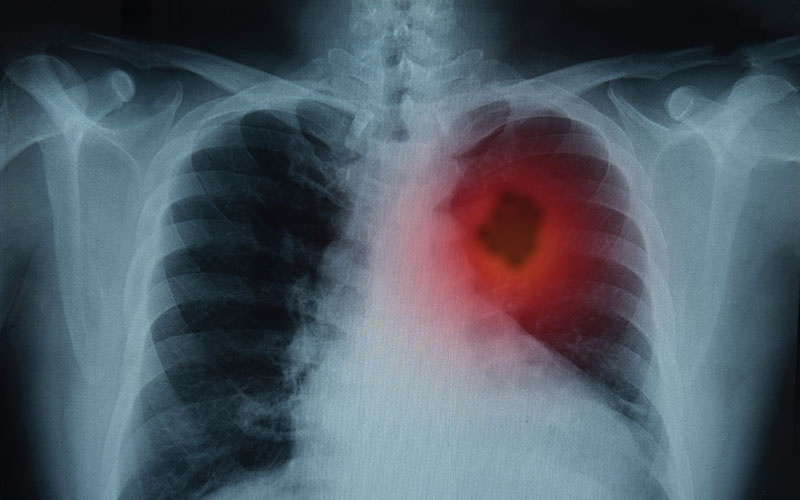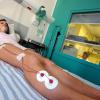Scientists have reported new findings about a particularly aggressive subset of lung adenocarcinomas that are driven by two mutations that frequently occur together in the genes KEAP1 and STK11.

The tumours’ molecular change characteristics were surprising to the investigators – they block a type of cell death called ferroptosis.
Cancers with these changes require this blockade to stay alive and grow. Ferroptosis is a type of programmed cell death that is dependent on iron. Ferroptosis was discovered less than a decade ago, but it has already emerged as an important target for cancer therapies as well as drug treatments for other diseases.
When ferroptosis fails to occur when it should, cells can grow uncontrollably.
“We really didn’t know what particular vulnerabilities we would find in these cancer cells,” said lead author Charles Rudin. “But all of the work we report in this study pointed toward ferroptosis as a key player.”



